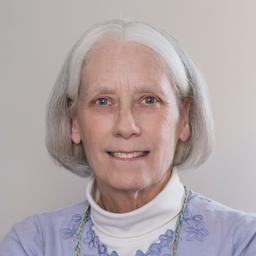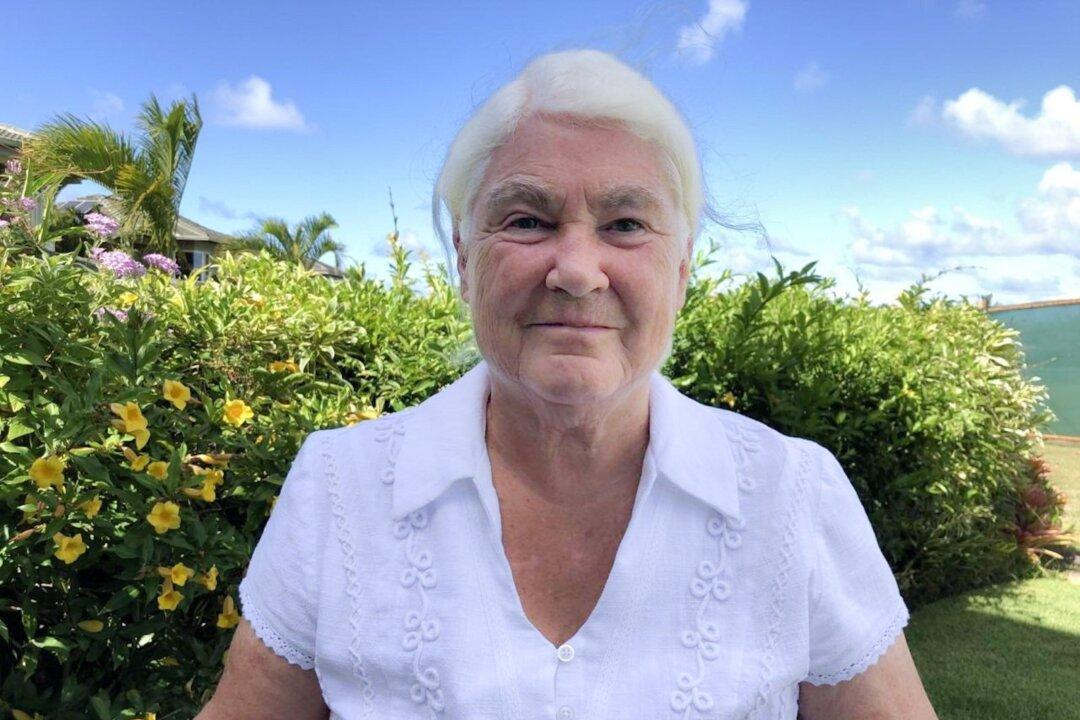In an Epoch Health podcast, our very own Dr. Ann Corson spoke with Dr. Andrew Wakefield on the transformational trajectory of his professional career from a distinguished surgeon and scientific researcher in the gastrointestinal field to a critically acclaimed filmmaker.
Dr. Wakefield spoke about his relocation to the United States after being defamed in his own country as a result of a clinical case study he and 12 other authors published in The Lancet in 1998. The paper suggested a possible link between the MMR vaccine and autism that needed further research.







